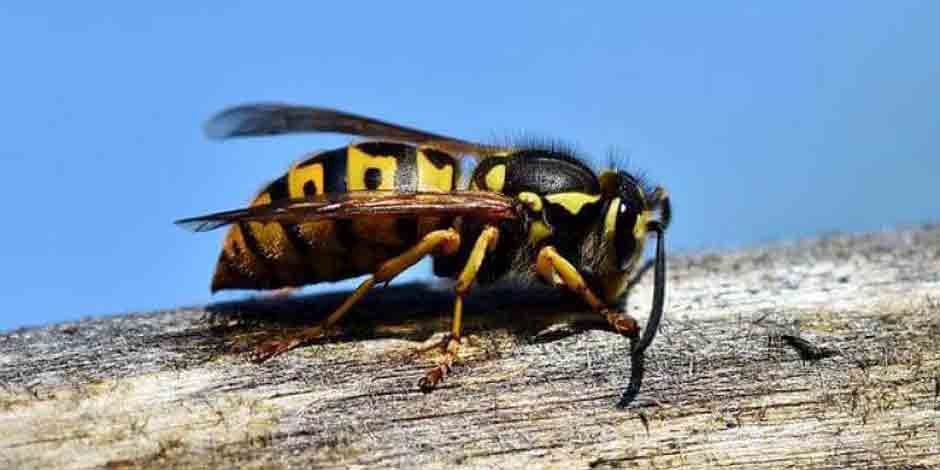When You Need Removal Versus Extermination for Stinging Insects

Stinging insects like wasps, bees, and hornets can be a nuisance to your home or business. Removal and extermination are viable options for dealing with these pests. You may wonder when you need removal instead of extermination and vice versa. Here are situations where each may be the most suitable solution, whether you’re considering bee removal or wasp extermination:
Stinging Insects Removal
Removal involves a pest control professional taking away the nest to prevent the queen and other insects from returning to your home or business. Removal is often preferred when dealing with a small population of stinging insects. Here are instances where seeking removal is the best option:
1. The Insect Population Is Small
Small colonies of stinging insects are relatively easy to remove. They typically don’t require chemical treatment, and their nests are usually easily accessible. Your pest control company can safely remove and relocate the nest away from your property. Remember that even a small population can become an infestation if not addressed quickly. The quicker you call in a professional, the better.
2. The Insects Are Not Causing Significant Damage
Stinging insects are more of an annoyance than a serious threat when the population is small. If their nest is not causing any damage, removal may be the ideal solution. They may still cause health issues like bee stings, so it’s always a good idea to have a bee removal expert take care of the problem before it gets out of hand.
3. They Are a Beneficial Species
Certain species of bees, like honeybees, are pollinators that contribute to the health of local plant life. If your bee removal specialist identifies a nest as belonging to a beneficial species, they can take it to a beekeeper to preserve it.
4. The Nest Is Accessible
Removal is only possible if the nest is relatively easy to access. Safely getting to the nest is the priority for any pest control team. It may not be worth it for them to risk their lives to reach an inaccessible nest.
Extermination of Stinging Insects
Extermination is a more aggressive approach to dealing with stinging insects. It involves using chemical treatments to eradicate the pest population and their nest. Here are situations where you may need to consider extermination:
1. The Insect Population Is Large
Stinging insects reproduce quickly, increasing the size of their colonies. Your health and safety may be at risk if the population is too large. The insects can also cause significant damage to your property if their nest is close to the foundation or walls. Pest exterminators can use chemical treatments to reduce the population and quickly eliminate their nests.
2. The Insects Are Dangerous
Some insects, like wasps, can harm you and your family. They are more aggressive and can cause significant injury if provoked. Chemical treatments may sometimes be the only safe and effective way to deal with these pests. The exterminator will take the necessary precautions for your safety during the extermination process.
3. The Nest Is Difficult to Access
Extermination may be the only viable option if the nest is inaccessible, such as in a wall, attic, or chimney. Chemical treatments can be effective without having to access the nest directly. The pest exterminator will apply the proper treatments to eliminate all insects and their eggs.
4. It’s an Invasive Species
Certain species of stinging insects are invasive, which means they are not native to the local area. Invasive species can disrupt the ecosystem by competing with native species for food and resources. Extermination is key to protecting the local environment if the nest is considered invasive.
Contact a Bee Removal Specialist
Removal and extermination are both viable options for dealing with stinging insects. Your pest control specialist can evaluate the situation and recommend the best course of action. They can safely remove and relocate the nest or use chemical treatments to eradicate it. Remember that prevention is key when dealing with stinging insects, so maintain your property and fix any possible entry points for pests.



